Joe Biden vs. Donald Trump Sequel is the First Presidential Rematch Since 1956
The United States is set to experience its first presidential rematch since 1956, marking a significant moment in its political history. This rare occurrence sees President Joe Biden and former President Donald Trump once again securing their parties’ nominations for the presidency.
The event draws parallels to historical elections, emphasizing its rarity and significance. The last instance of such a rematch involved Republican President Dwight D. Eisenhower and his Democratic opponent Adlai Stevenson, highlighting the cyclical nature of political contests in American history.
Looking Back at Previous Presidential Rematches
Historical precedents for presidential rematches are few, with the 1956 Eisenhower-Stevenson contest being the most recent before now.
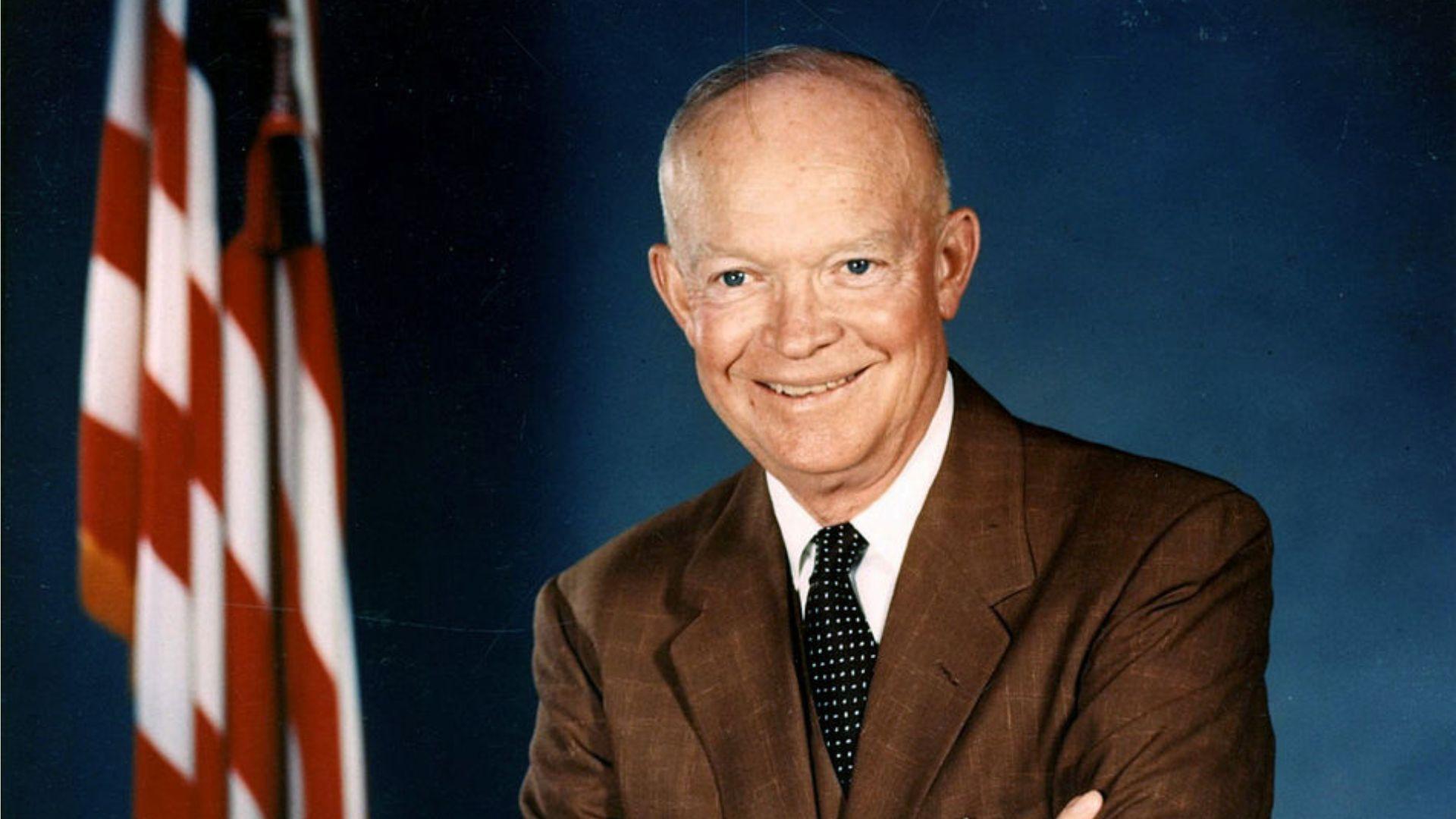
Source: Wikimedia Commons
Presidential rematches have dotted the nation’s history, serving as milestones that reflect the continuous engagement of the American electorate in the democratic process.
The Biden-Trump Sequel
The rematch between Biden and Trump is positioned as a significant chapter in U.S. political history, inviting comparisons with notable political rivalries of the past.
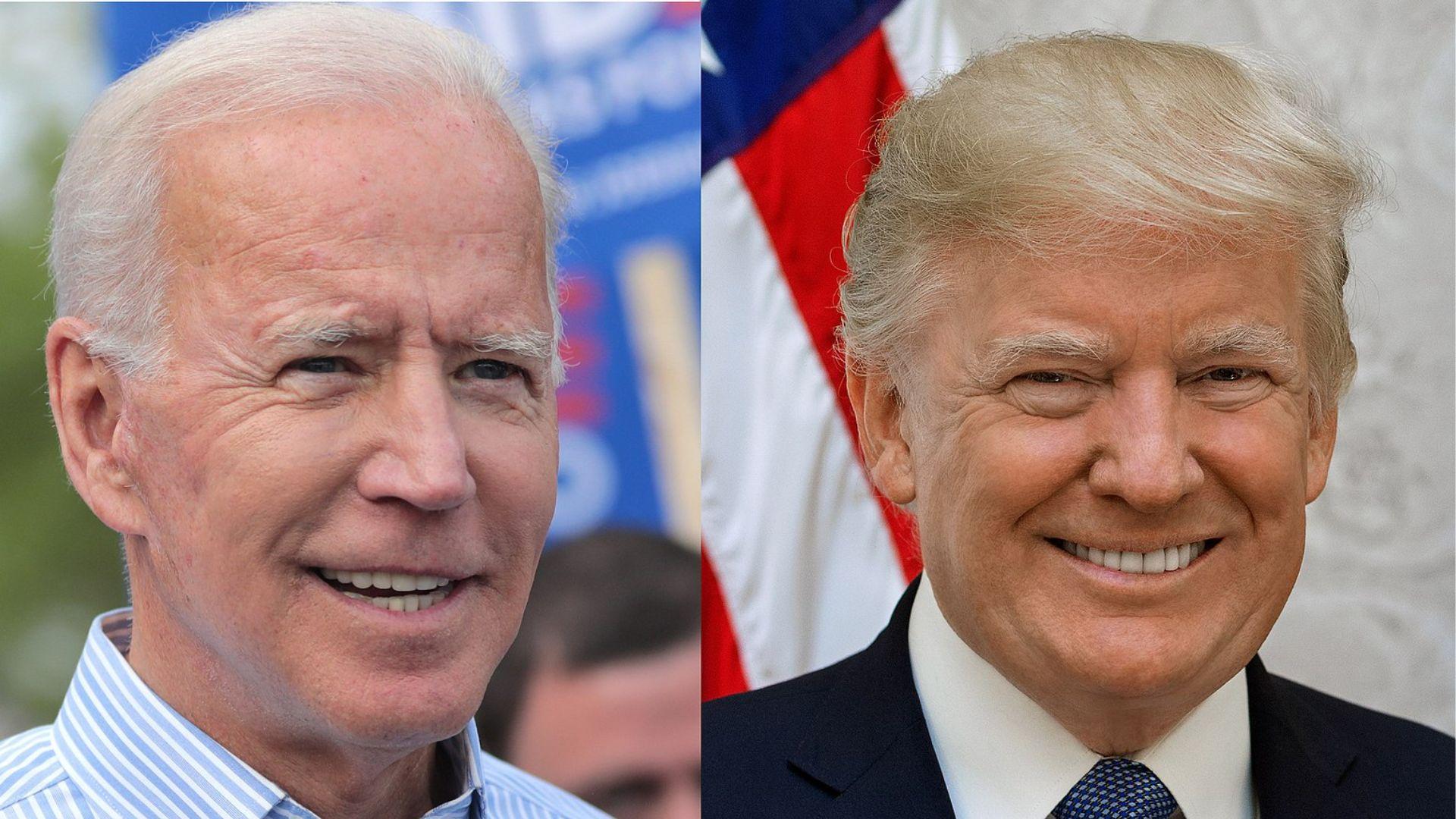
Source: Wikimedia Commons
This event is not just a repeat of the 2020 election, but it represents a moment of political déjà vu, echoing the competitive spirit that has defined American presidential races over the centuries.
Reflecting on the 1956 Presidential Rematch
The last presidential rematch in 1956 saw Eisenhower defeating Stevenson in a landslide victory, a scenario that vividly demonstrates the unpredictable nature of political contests and the possibility of varied outcomes in rematches.
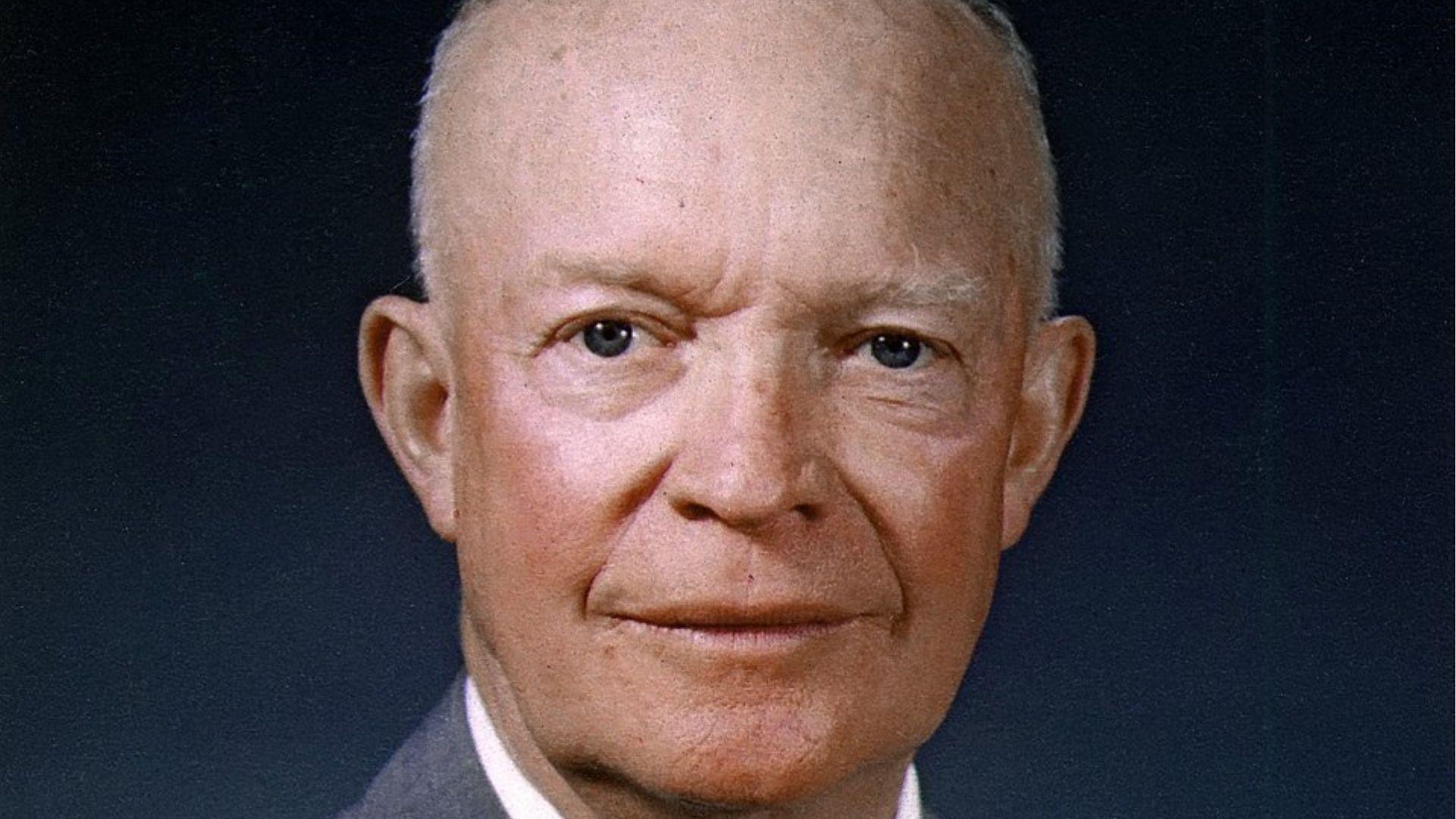
Source: Wikimedia Commons
This historical reference point provides a backdrop against which the current political climate and the upcoming Biden-Trump rematch can be assessed, offering insights into the continuity and change within the American political landscape.
Historical Patterns of Presidential Race Rematches
Throughout U.S. history, presidential race rematches have been a notable feature, albeit more common in earlier periods. For instance, Republican President William McKinley successfully defeated Democrat William Jennings Bryan in both the 1896 and 1900 elections.
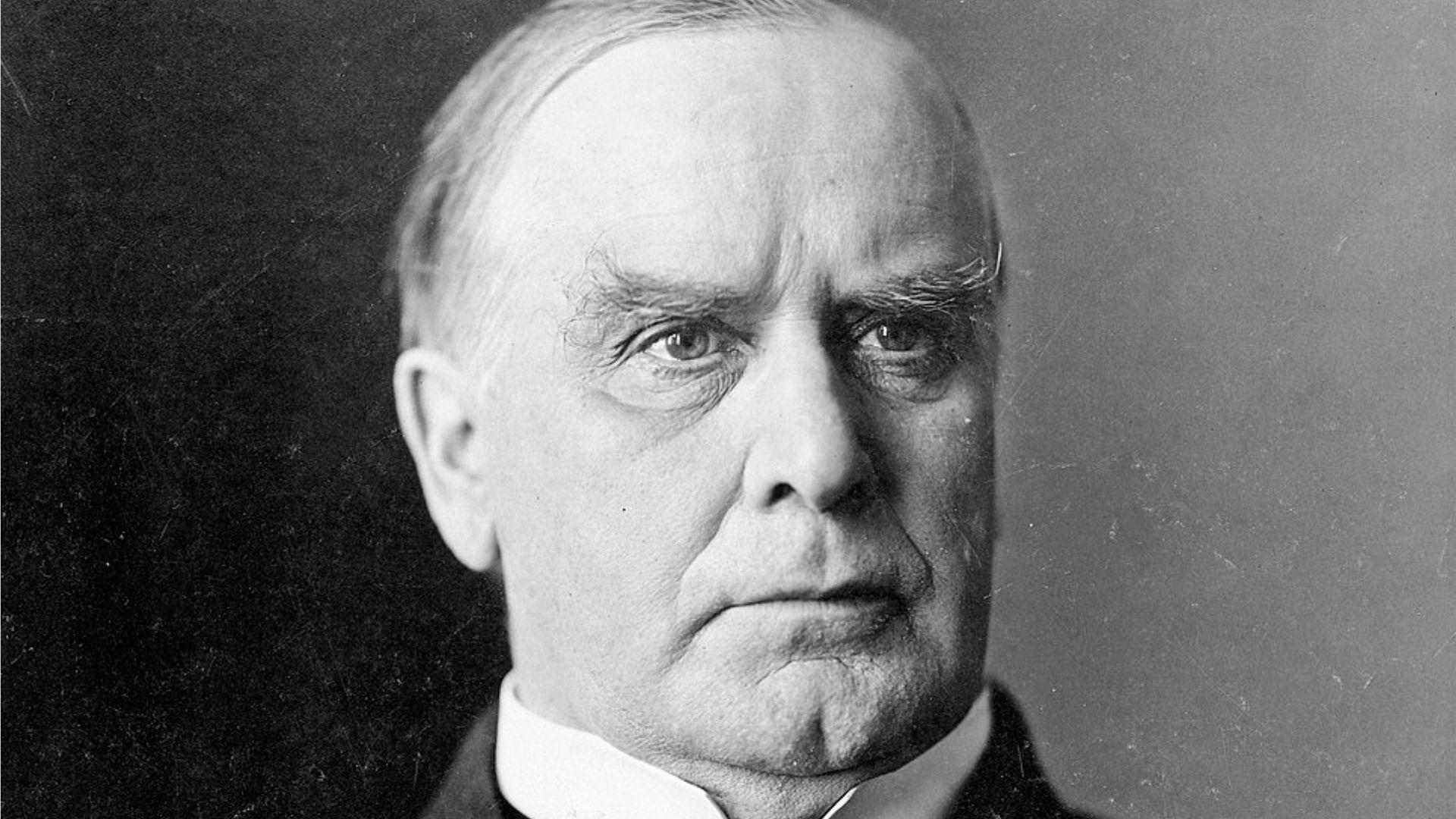
Source: Wikimedia Commons
Similarly, the 1836 election saw Democrat Martin Van Buren triumph over William Henry Harrison of the Whig Party, only for Harrison to return victorious in their rematch four years later. Another historic rivalry occurred between John Quincy Adams and Andrew Jackson; Adams won the presidency in 1824, but Jackson secured victory in their 1828 rematch, unseating the incumbent Adams.
Grover Cleveland: A Unique Presidential Comeback
Grover Cleveland stands out as the only president to serve two non-consecutive terms, embodying the potential for political comebacks and the dynamic nature of U.S. presidential elections.
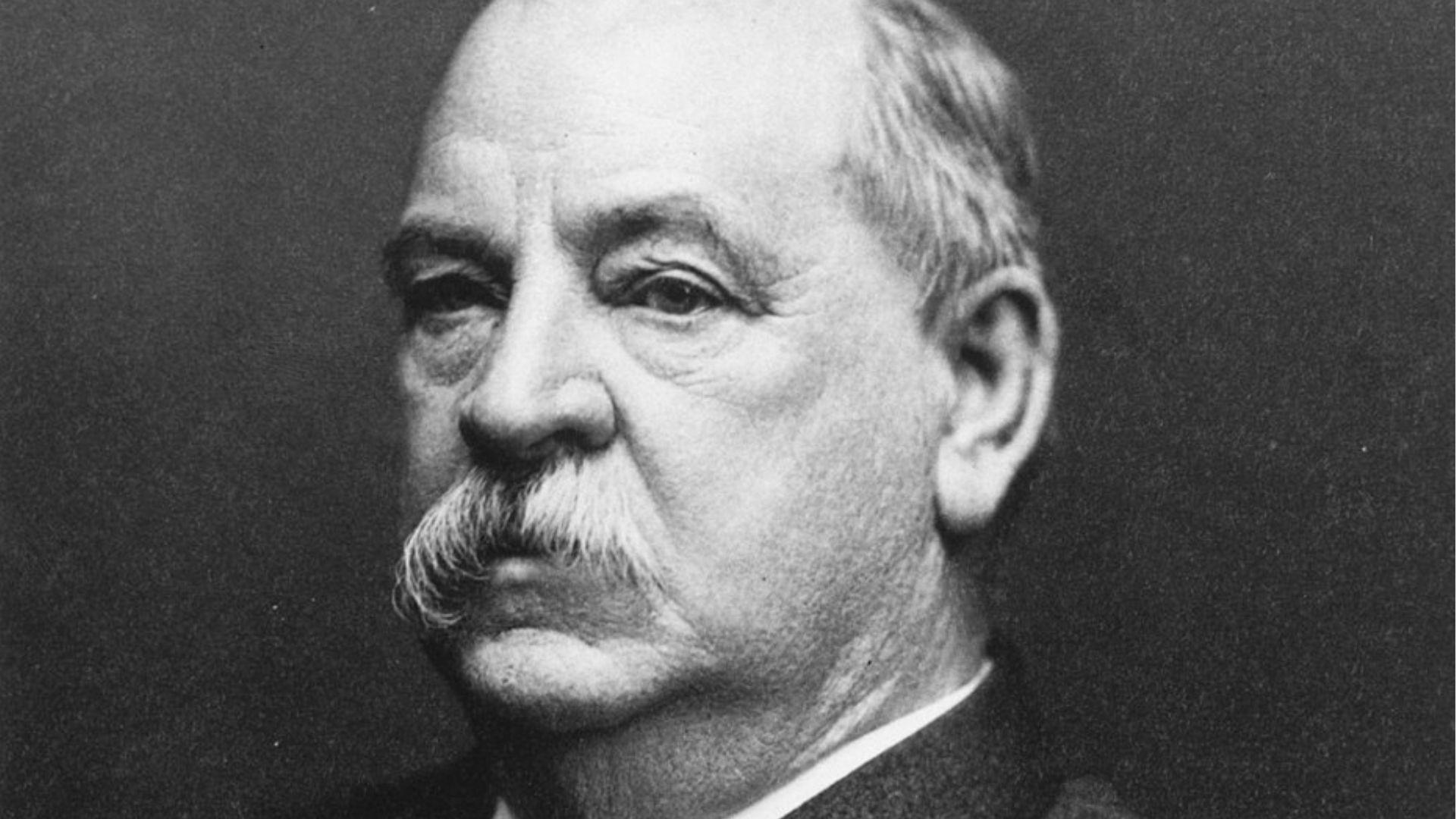
Source: Wikimedia Commons
His journey from the 22nd to the 24th presidency exemplifies the resilience and persistence required to navigate the complexities of political life and the electoral process.
The Challenge of Winning Back the Presidency
Cleveland’s experience highlights the challenges and opportunities inherent in attempting to win back the presidency.
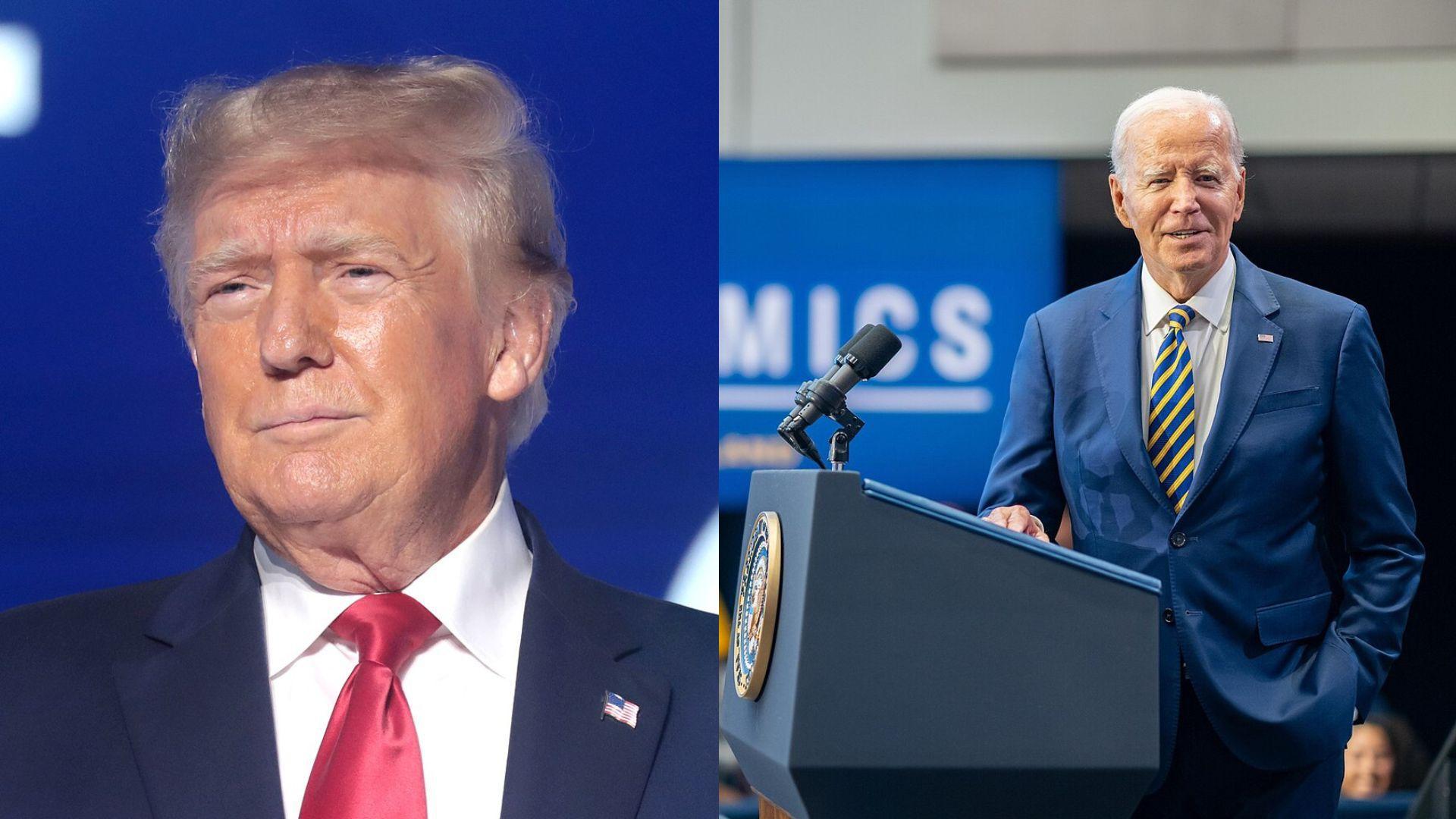
Source: Wikimedia Commons
This narrative of comeback and redemption is particularly relevant in the context of the Biden-Trump rematch, as former President Trump seeks to reclaim the office.
Presidents Who Sought a Comeback
Not all attempts at regaining the presidency are successful, as illustrated by the experiences of former presidents like Ulysses S. Grant.
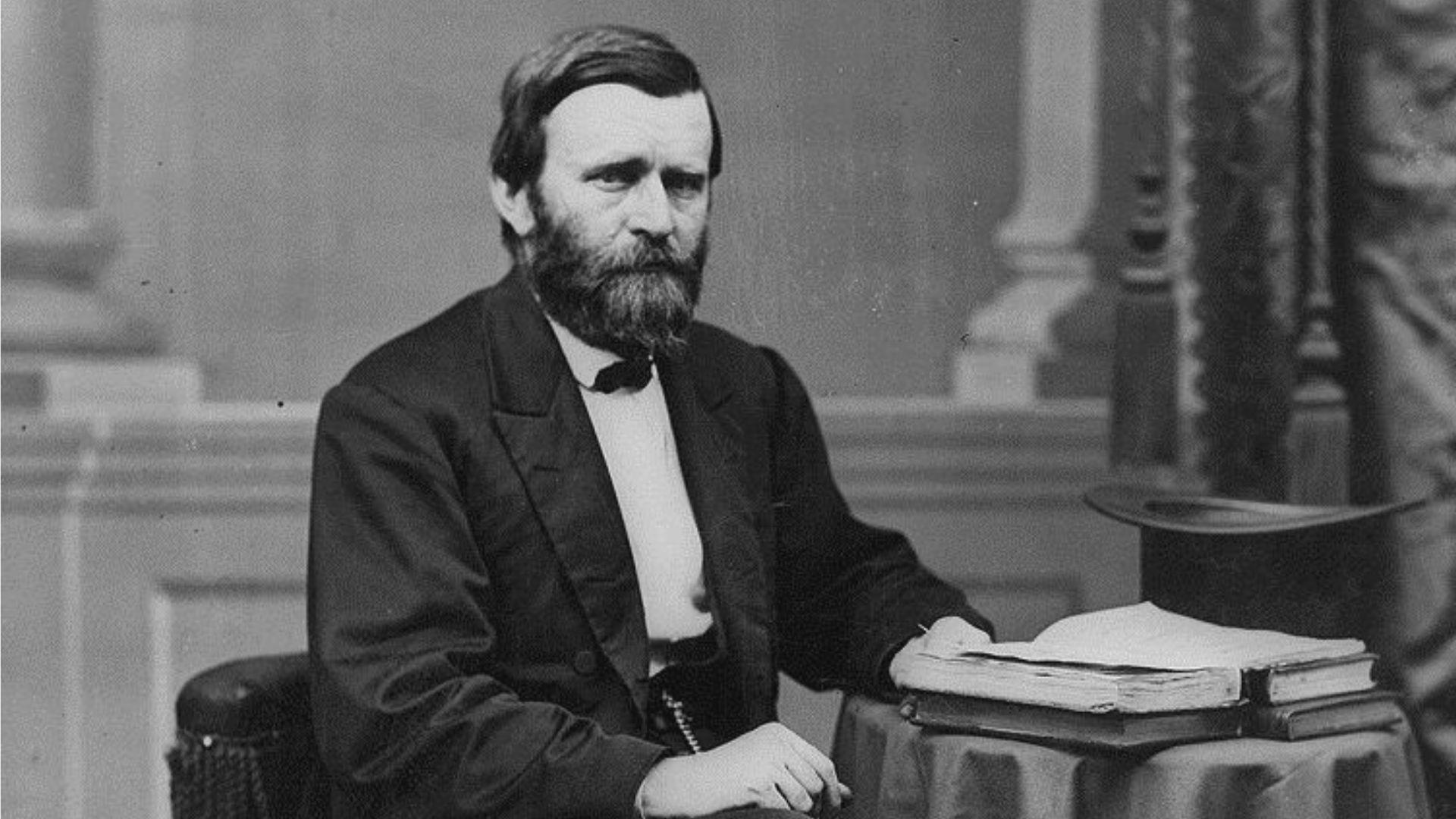
Source: Wikimedia Commons
These attempts, while not always successful, reflect the deep commitment to public service and the desire to contribute to the nation’s governance, even after leaving office.
Third-Party Bids by Former Presidents
The history of third-party bids by former presidents, such as Theodore Roosevelt’s Bull Moose Party campaign, adds another layer to the story of presidential rematches and political strategy.
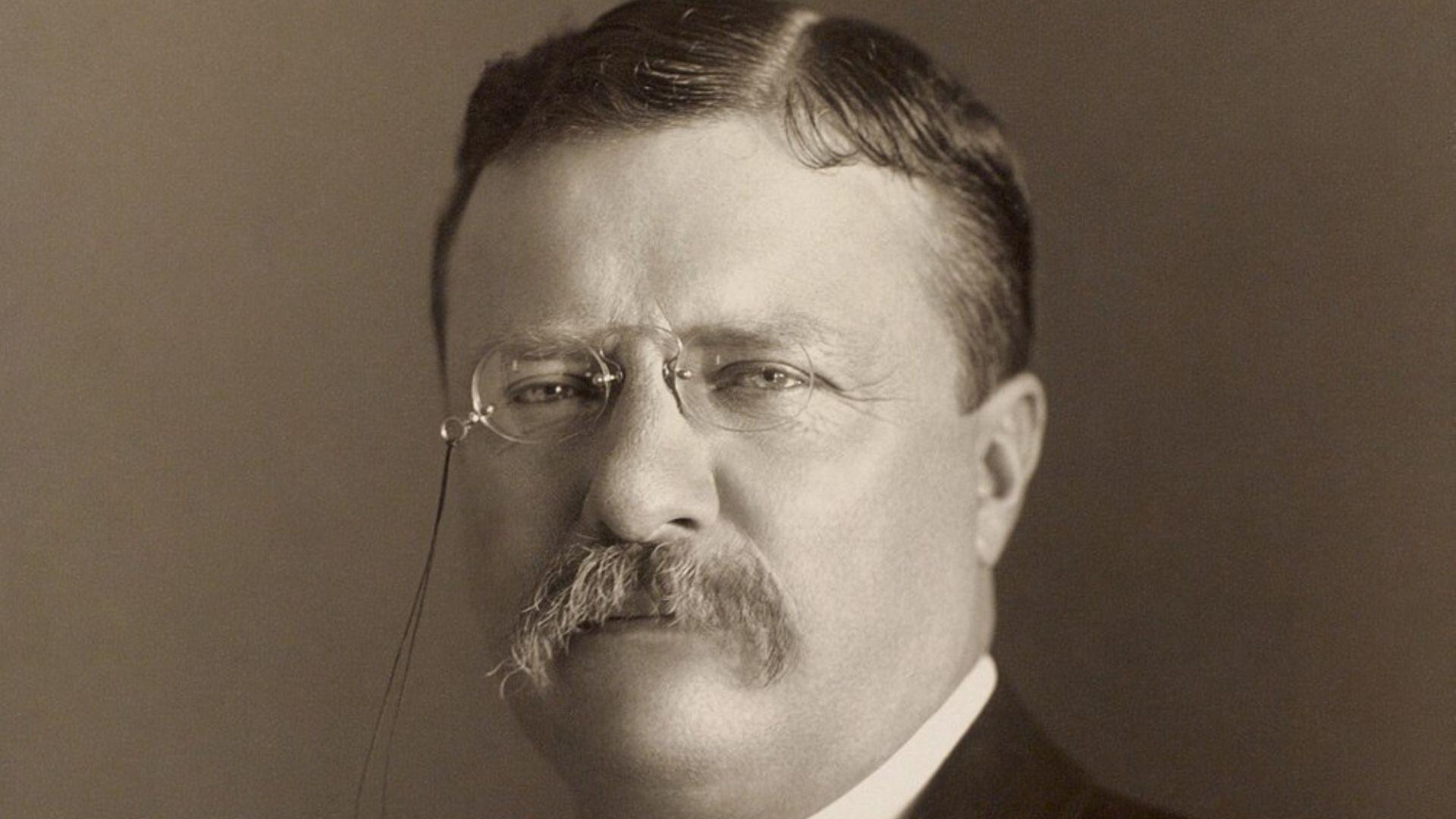
Source: Wikimedia Commons
Roosevelt, initially ascending to the presidency after McKinley’s assassination and securing reelection in 1904, decided against pursuing a term in 1908, endorsing William H. Taft as his successor. However, Roosevelt’s disillusionment with Taft led him to challenge for the Republican nomination in 1912. Failing to secure it, he launched an independent bid under the Progressive, or “Bull Moose,” Party.
The Electoral College: A Decisive Factor in Presidential Rematches
The role of the Electoral College in determining the outcome of presidential elections, including rematches, cannot be overstated.
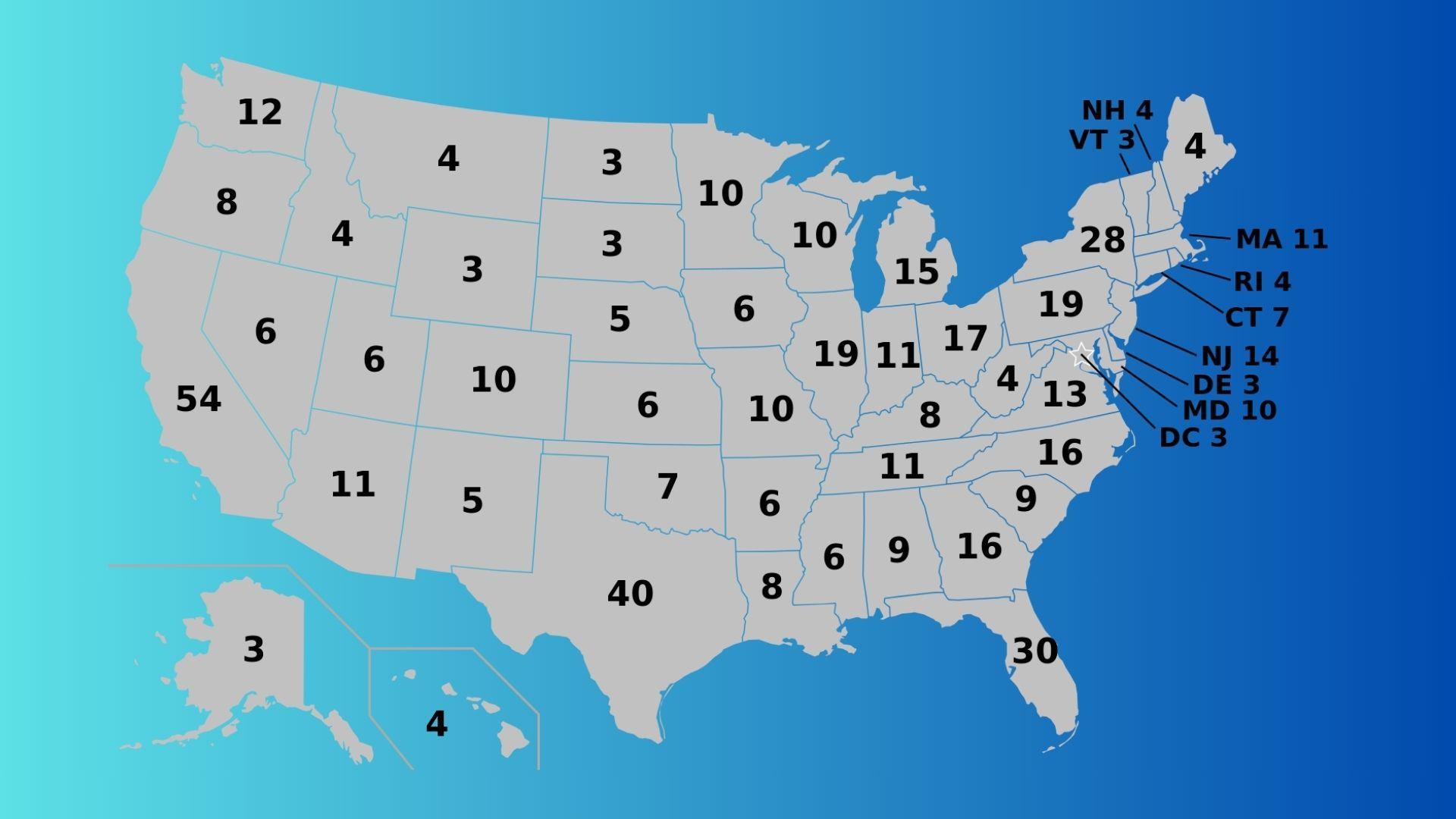
Source: Wikimedia Commons
It has been a pivotal factor in past elections, shaping the strategies of candidates and influencing the final results.
Public Sentiment Toward the Presidential Rematch
The anticipation of a rematch between President Joe Biden and former President Donald Trump in the upcoming November election has not sparked enthusiasm among many Americans.
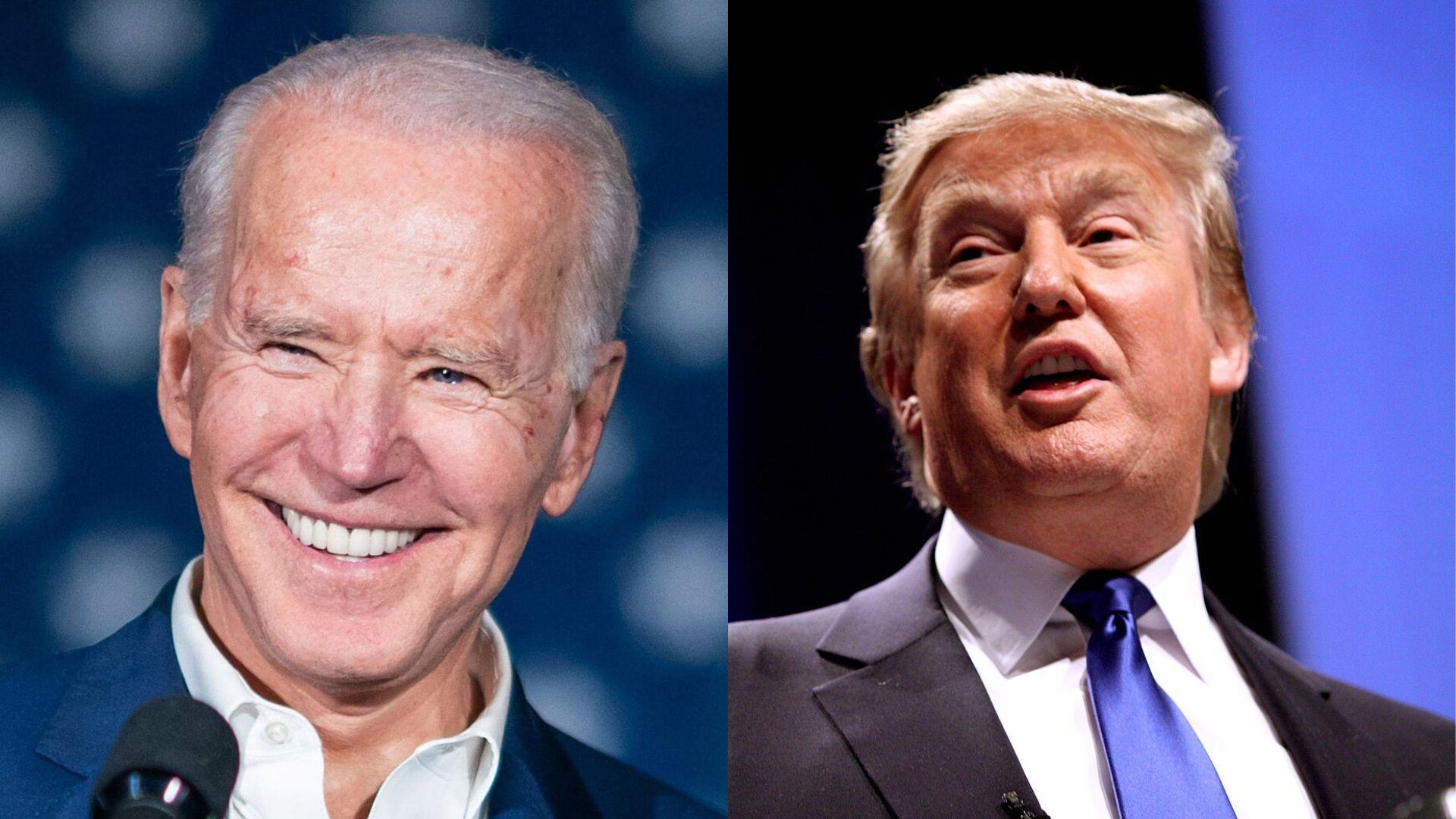
Source: Wikimedia Commons
According to a recent poll conducted by The Associated Press-NORC Center for Public Affairs Research, the prospect of Donald Trump returning to the presidency elicits stronger emotions of anger and fear among Democrats compared to the feelings Republicans have about Biden’s potential continuation in office.
Challenges Ahead in the Unprecedented Presidential Race
This election cycle presents a unique scenario where an incumbent president is up against his predecessor, both confronting skepticism from within their own parties as well as from independent voters.
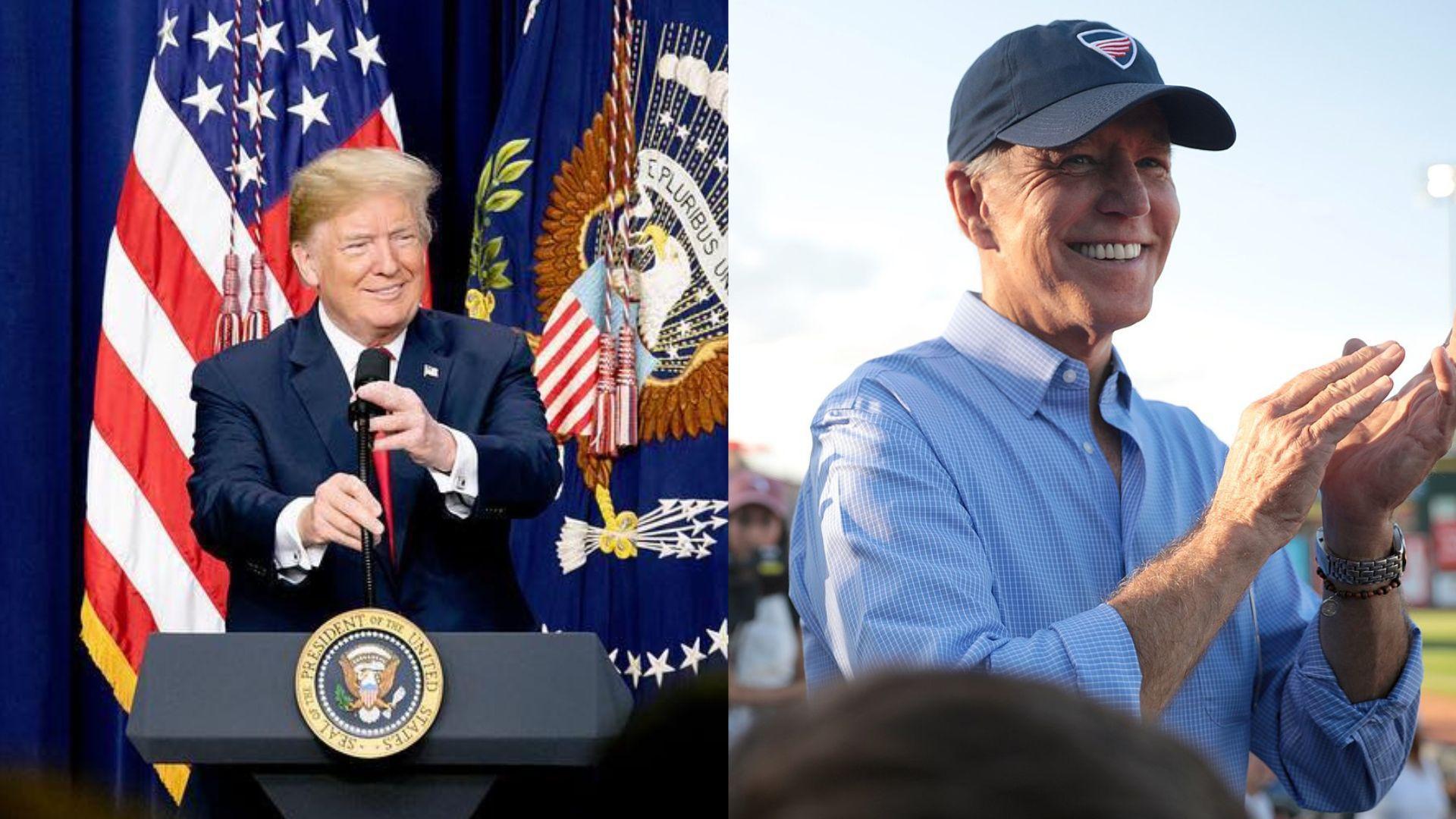
Source: Wikimedia Commons
Donald Trump faces the task of uniting Republicans who supported Nikki Haley in the primary, while Joe Biden must address the disillusionment among progressives and concerns regarding his age, at 81, potentially being a liability.
